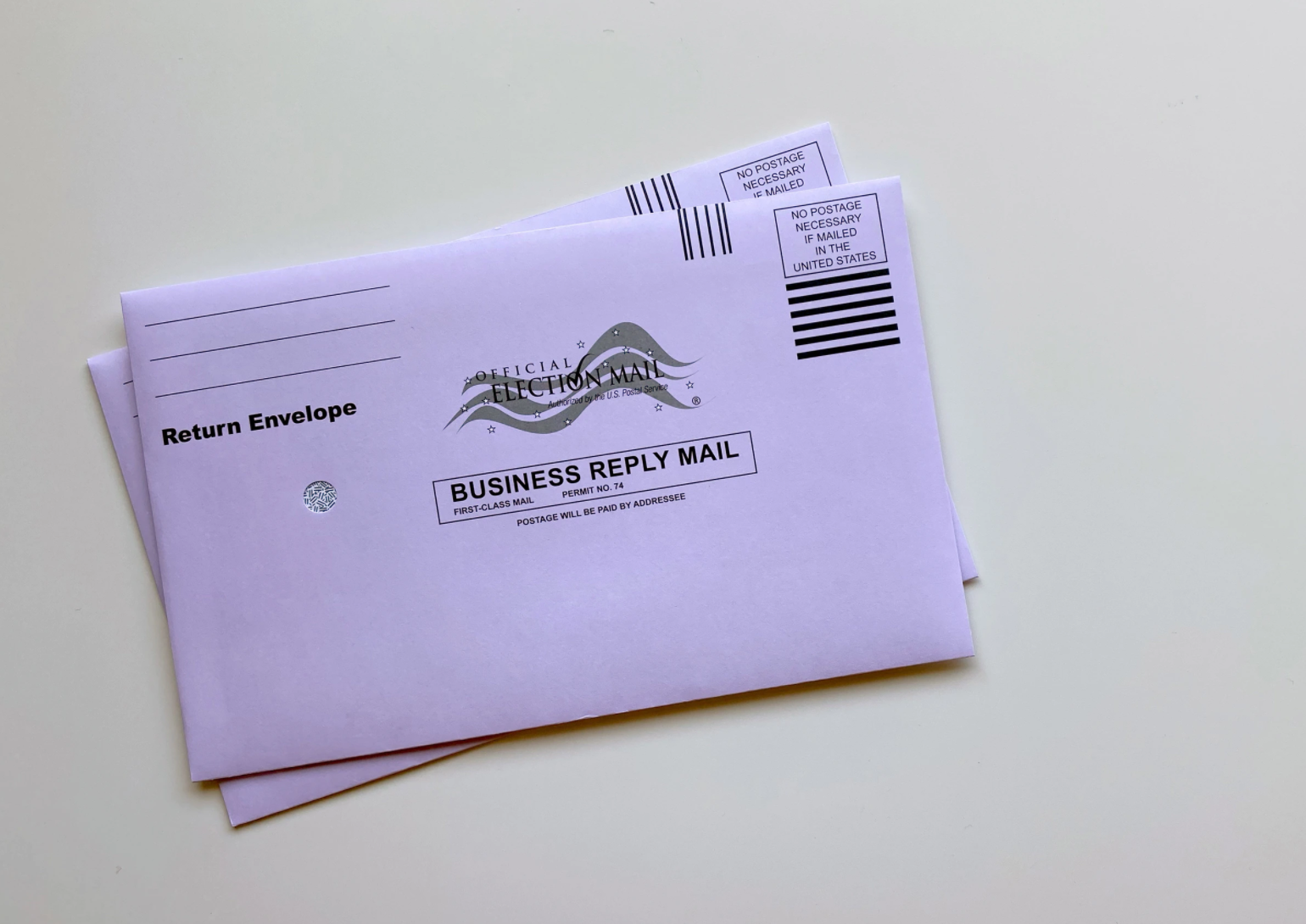"Magic Mushrooms" on Oregon's 2020 Ballot
By Haley Mast
Voters are set to decide the fate of a law that would allow the use of “Magic Mushrooms” in the treatment of mental health conditions.
Oregon Ballot Measure 109 would allow the manufacture, delivery, and administration of psilocybin at supervised, licensed facilities. It would impose a two-year development period. Psilocybin is a hallucinogenic substance obtained from certain types of mushrooms.
The general election is Tuesday, Nov. 3
The Oregon Voters Pamphlet discusses the proposed bill in detail from pages 84-119. Section 2 outlines the purpose of the bill; its main points are:
To educate the people of Oregon about the safety and efficiency of psilocybin in treating mental health conditions.
To reduce the prevalence of mental illness among adults in this state, and to improve the physical, mental, and social well-being of all adults in this state.
To develop a long-term strategic plan for ensuring that psilocybin services will become and remain a safe, accessible, and affordable therapeutic option for all persons 21 years of age and older for whom psilocybin may be appropriate.
If Oregonians approve the measure, it would make Oregon the first state to legalize the use of psilocybin to treat mental illness in adults 21 years of age and older. All other uses would remain illegal and psilocybin mushrooms would remain a Schedule I Substance. That means its manufacture or distribution would remain a class-A felony carrying a maximum of 20 years in prison.
Alongside aiding mental illness, psilocybin has been studied to treat alcoholism and other addictions, eating disorders, and post-traumatic stress disorder (PTSD). Historically, it has religious and medicinal uses in some cultures and advocates note it has a low potential for abuse.
Who is for and against the measure?
The Food and Drug Administration has tracked the drug to study its effectiveness for those with major depressive disorder and treatment-resistant depression. And many individuals said it was successful in helping them when nothing else had worked.
The Oregon Psychiatric Physicians Association (OPPA) and the American Psychiatric Association (APA) both oppose Measure 109. Their main claim is there is little known knowledge and or studies they have on psilocybin effects on mental illness.
OPPA said “there is not enough research conducted” to safely prescribe it to patients.
Dr. Brian Pelicki
On the contrary, Measure 109 has over 200 Oregon endorsements in favor of the bill. These endorsements range from doctors, organizations, social workers, nurses, veterans, counselors/therapists, law enforcement officials, elected officials, and mothers.
Therapist Dr. Brian Pelicki who operates the Psychotherapy Clinic, Research and Training Center in Portland believes in the use of psilocybin to treat some patients that suffer from mental illness.
“I am passionate about the potential for psychedelic substances such as psilocybin…. to be used as tools for personal growth and in the treatment of mental health problems such as anxiety and depression. I have been studying psychedelics for over 20 years, including earning an M.A. in East-West Psychology at the California Institute of Integral Studies and attending numerous training and conferences,” he said.
Many US veterans have used psilocybin to treat their PTSD. The Heroic Hearts Organization endorses measure 109 as they work to find solutions for veterans suffering from PTSD.
Their statement said, “Measure 109’s licensed system for psilocybin therapy will save lives, and we believe it can act as a breakthrough for veterans everywhere. Every day, we fight for veterans and do everything in our power to give them the right to have the best psychotherapy available.”
Armand LeComte, OIF/OEF Marine Combat Veteran of Oregon strongly supports the Measure in claiming its positive effects for veterans suffering from mental illness, PTSD, insomnia, and war flashbacks.
What it would look like if the bill passed
If passed, Measure 109 would not make psilocybin therapy legal immediately. The bill requires the Oregon Health Authority to conduct a two-year process to set up a system to regulate its use.
The measure is not expected to directly cost taxpayers, because it calls for psilocybin to be taxed to pay for the regulatory program. Supporters of the measure say that if psilocybin treatment proves successful, it could eventually save the state money that is currently being spent on treating chronic conditions.
Measure 109 would also allow cities and counties to place referendums on local ballots to prohibit or allow psilocybin-product manufacturers in areas within their jurisdictions. The measure would prohibit psilocybin service centers within the limits of an incorporated city or town.



